The impact on US elections if Canada and Greenland were states
If Canada and Greenland were to become states, Democrats would likely gain a significant advantage in both the House of Representatives and the Senate, as Canadians strongly oppose the idea of becoming part of the United States.

President Trump keeps threatening to make Canada the 51st state and also buy Greenland, presumably making that country either a territory or a state. The possibility of either occurring is virtually zero, and that’s a good thing for Republicans. Because while Trump and his MAGA supporters may not realize it, giving those countries the vote would likely send the GOP to the political sidelines.
We’ve seen this movie before. Advocates have been working for years to give statehood to Puerto Rico and Washington, D.C. Republicans have mostly resisted the effort because both Washington and Puerto Rico vote Democratic.
For example, in the last presidential election, Democratic nominee Kamala Harris received 90 percent of the District’s vote and 73 percent in Puerto Rico. While the District has a non-voting member of the House of Representatives and no senators, it does have three electoral votes that help decide the presidential winner. As a territory with no electoral votes, Puerto Rico’s presidential vote is only symbolic, but it does indicate preferences.
If Washington and Puerto Rico were to become states, they would each have one House member, which would pull from other states because the number of House members, 435, was set by a 1929 law (though presumably Congress could change that).
Both states would also have two senators. So, it’s likely that making D.C. and Puerto Rico states would give Democrats a significant Senate advantage.
But what about Canada? Looking at the Canadian House of Commons, it seems likely that Canadians would vote Democratic. The Liberal Party has 153 members and the Conservative Party 120. Then there’s the Bloc Québécois (who are all in Quebec) with 33 votes, the (democratic-socialist) New Democratic Party with 24 votes and the Green party has two.
The Liberal Party, the NDP and the Greens are center-left, comprising about 210 votes — nearly twice the Conservative Party’s count. The Bloc’s main focus is Quebec independence, but members can shift right or left, depending on the issue.
Canadian voters have put the conservatives in power from time to time, and it looked like they were going to do that again in the next election. But Trump’s threats and demeaning comments have angered so many Canadians that the Liberal Party is gaining ground and may be heading for a victory in the next election.
Canada has about 40 million people, about the same number as California, which has 52 members of the House. Unless Congress raised the number of members in the House of Representatives, lots of current House congressional districts would migrate to Canada. And there’s a good chance Canada’s two new senators would be center-left.
But there are also policy differences that would complicate Canadian statehood. For example, Canadians have a government-run health care system. Most Republicans fiercely oppose government-run health care. But trying to take it away from Canadians if they were to become Americans would be a real political challenge. On the other hand, Sen. Bernie Sanders (I-Vt.), who has long pointed to Canada as a model for U.S. health care reform, would love having a single-payer state to promote.
And how about Greenland? It has only 57,000 people, so if it were a state, it would get only one member of the House and two senators.
In the country’s recent election, the center-right Demokraatit (Democracy) party won the largest share of parliamentary votes, 30 percent. Is that a pro-Trump development? Hardly. NPR says the likely next prime minister, Jens-Frederik Nielsen, has called Trump “a threat to our political independence.”
In addition, all five major political party chairmen released a joint letter saying, “We — all party chairmen — cannot accept the repeated statements on annexation and control of Greenland. We, as party chairmen, find this conduct unacceptable to friends and allies in a defense alliance.”
So, while it isn’t at all clear how Trump would take over Canada and Greenland, the populations of both countries strongly oppose the idea. A recent YouGov poll finds, “Nearly all Canadians (77%) strongly or somewhat oppose Canada becoming part of the U.S., while 15% of Canadians support it.”
And even though Trump claimed that Greenlanders “want to be with us,” the Guardian says a new poll finds “85% of Greenlanders do not want their island to become a part of the United States.”
If Trump and Republicans were to somehow make Canada and Greenland part of the United States, the newly created voters in both former countries would vote overwhelming for the U.S. political party that opposed Trump’s efforts — the Democrats. Thus, if Trump wins, Republicans will surely lose.
Merrill Matthews is a public policy and political analyst and the co-author of “On the Edge: America Faces the Entitlements Cliff.” Follow him on X@MerrillMatthews.
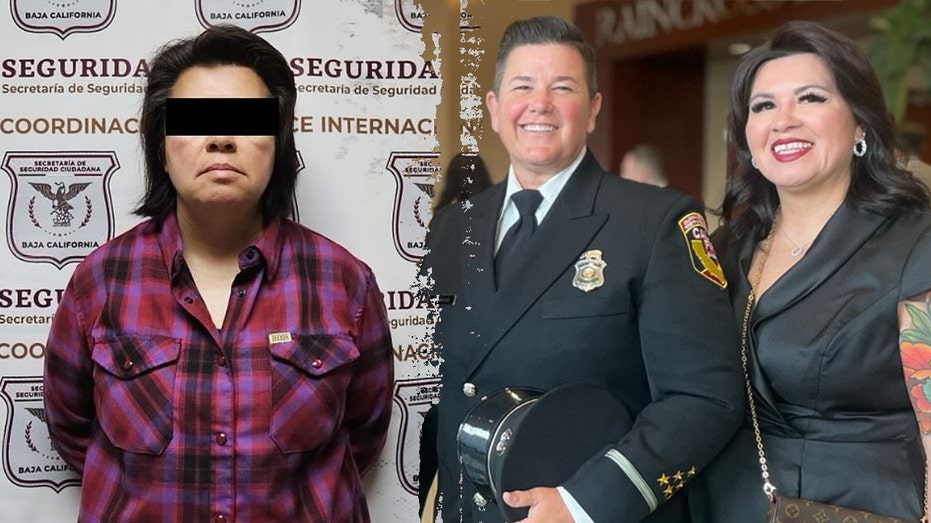
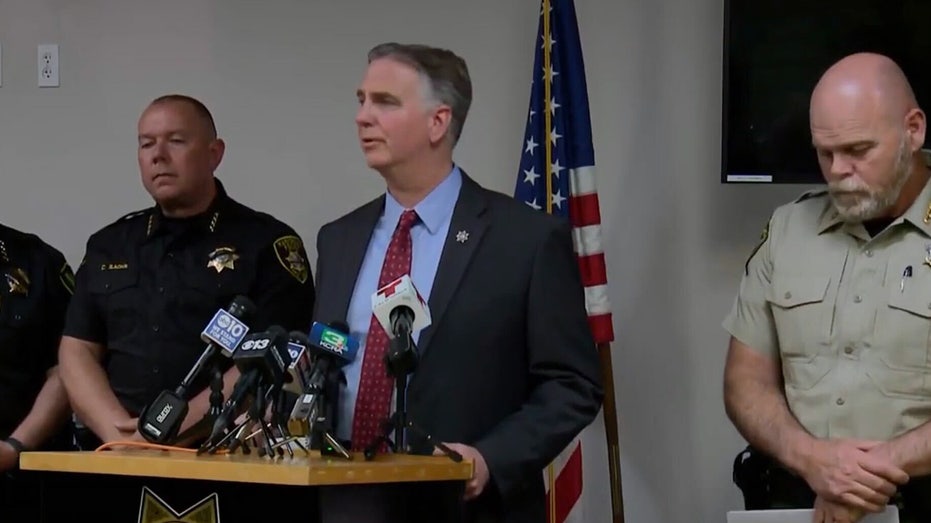








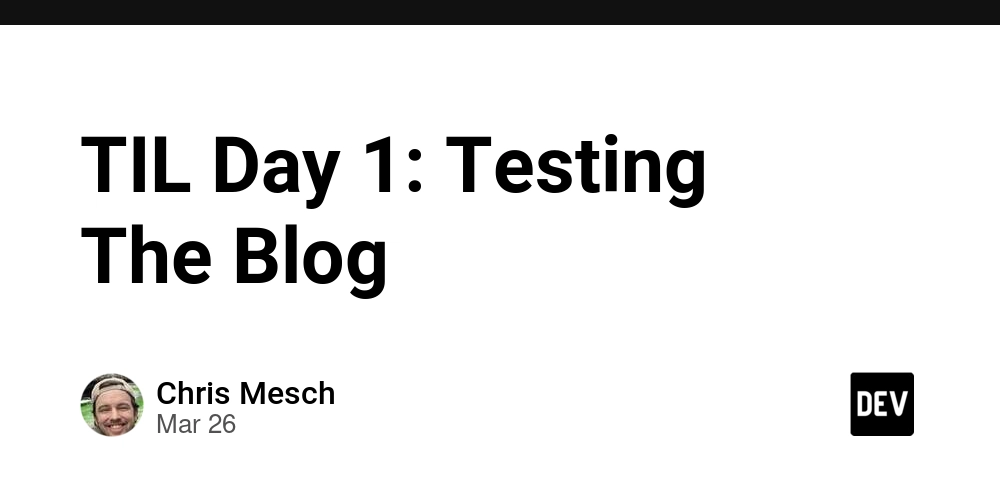















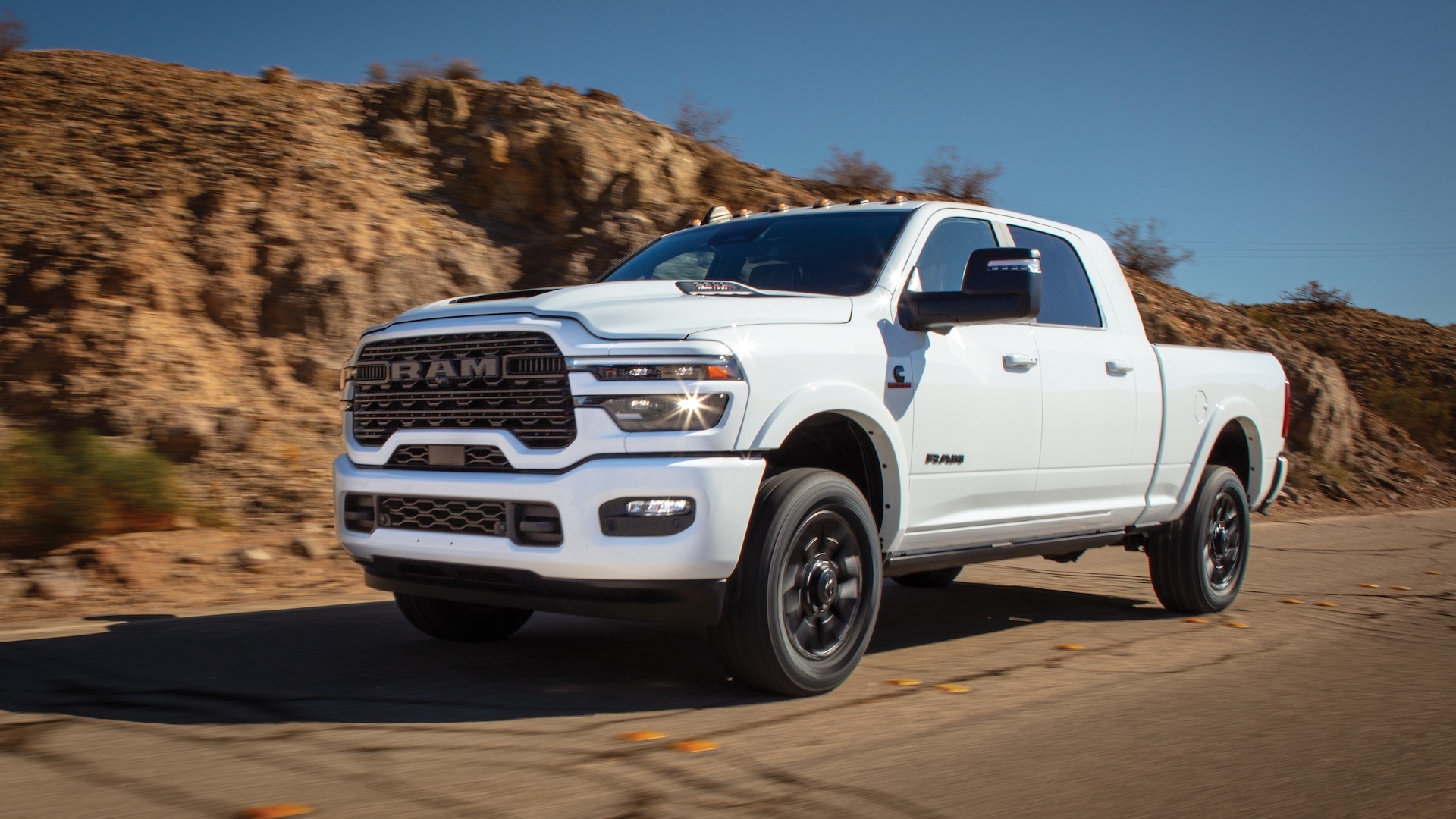








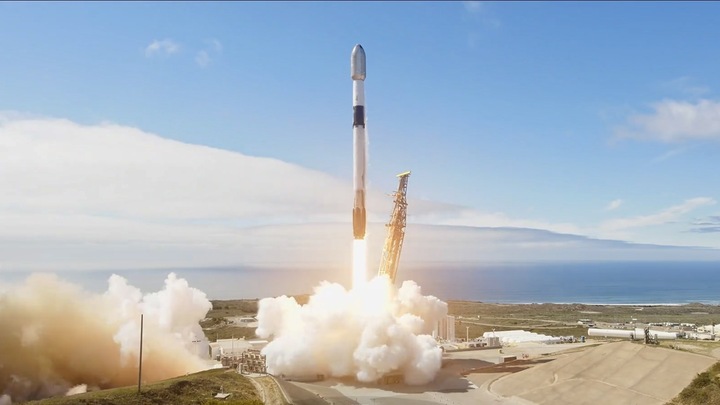


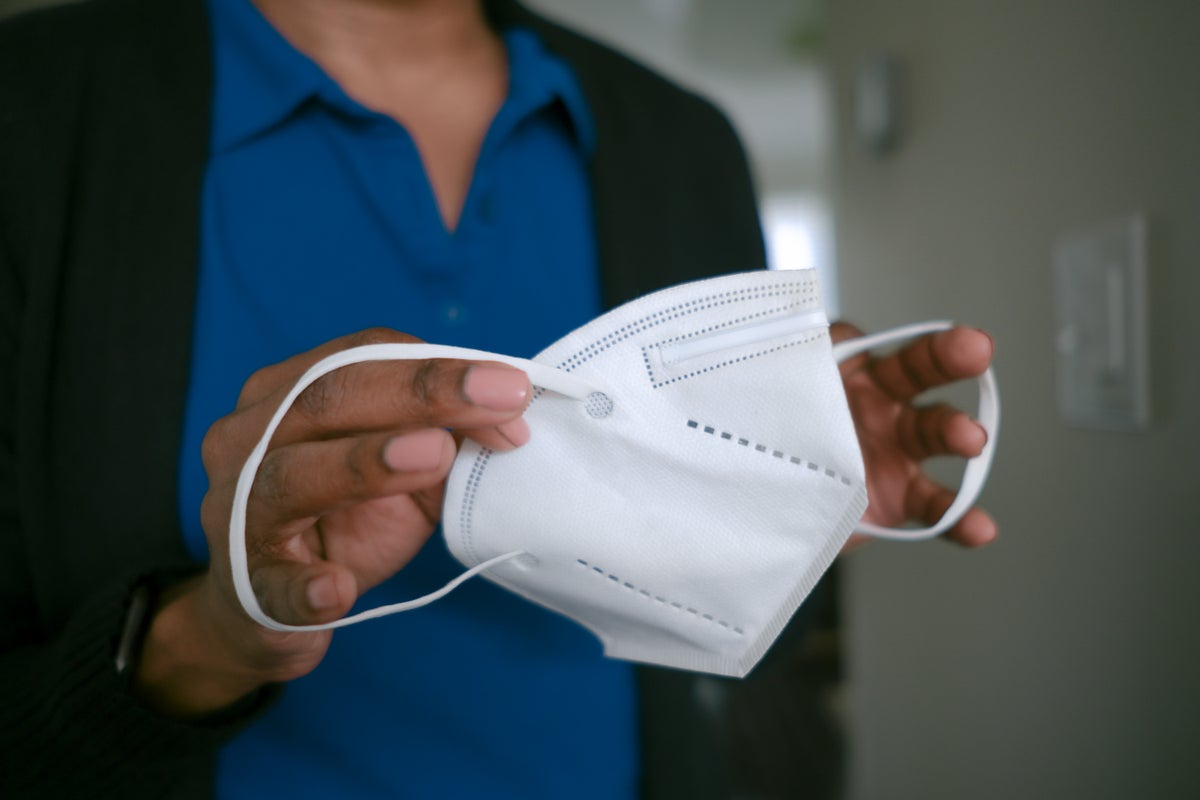


















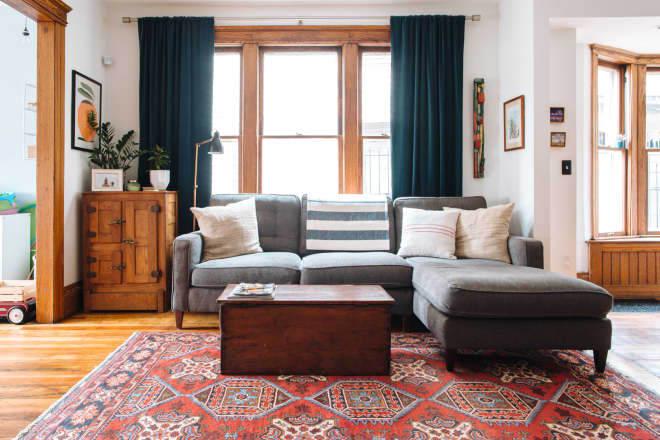











-5-February-2025-00-18-36-(1).png?width=1200&auto=webp&trim=0,70,0,63#)








